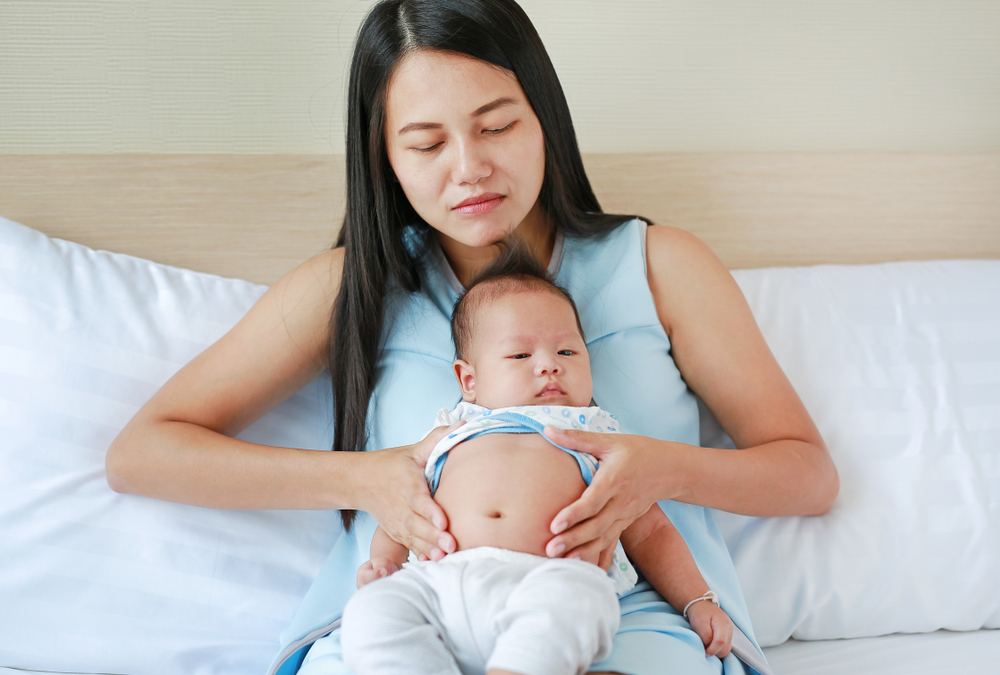During the first 4 months of life your baby may have colic when she cries for 3 hours for more than 3 days a week for more than 3 weeks. Your baby seems unhappy most of the time.
 Baby Gas Relief Quick Tips To Help A Gassy Baby
Baby Gas Relief Quick Tips To Help A Gassy Baby
This can indicate that you have an especially gassy baby.

How to tell if baby has gas. It s also common. Mixing and shaking formula often introduces bubbles which means. Baby s probably fussy too which can make the gas even worse since he could swallow a bunch of air while crying.
If your baby seems much better after passing gas then that s a telltale sign that the problem was gas says jennifer shu m d an atlanta based pediatrician and coauthor of food fights. Your colicky baby may also. Usually gas pain is at its worst when baby is about 6 to 8 weeks old.
Pass gas while she sheds. How to spot it. The way to know for sure that baby gas is to blame is when baby actually burps or farts.
Several factors could cause your child to have a gassy tummy. Gas is simply air in the stomach or intestines but for some babies it seems to be very painful. Bend her arms and legs toward her belly.
When a baby has gas tiny bubbles develop in their stomach or intestines sometimes causing. Infant gas and colic. Bubbles in her formula.
Your baby isn t eating or sleeping well. Though fussiness in babies is fairly typical if your little one seems really out of sorts or keeps squirming and pulling up her legs she may have some gas that refuses to pass. But look for these signs and symptoms of baby gas that s more than just the usual.
Your baby cries and is fussy for an hour or so a day. Have a red flushed face when she cries. If baby has gas pain his belly might look inflated or he might be arching his back or squirming a lot because it s uncomfortable.
Gas does not cause colic but if. Have a bloated tummy. If you get a few burps out of baby or do something else to move things along most babies are relieved of the symptoms and will stop crying o connor says.
Gas pain is common in babies in the first three months of life while their intestines are developing.